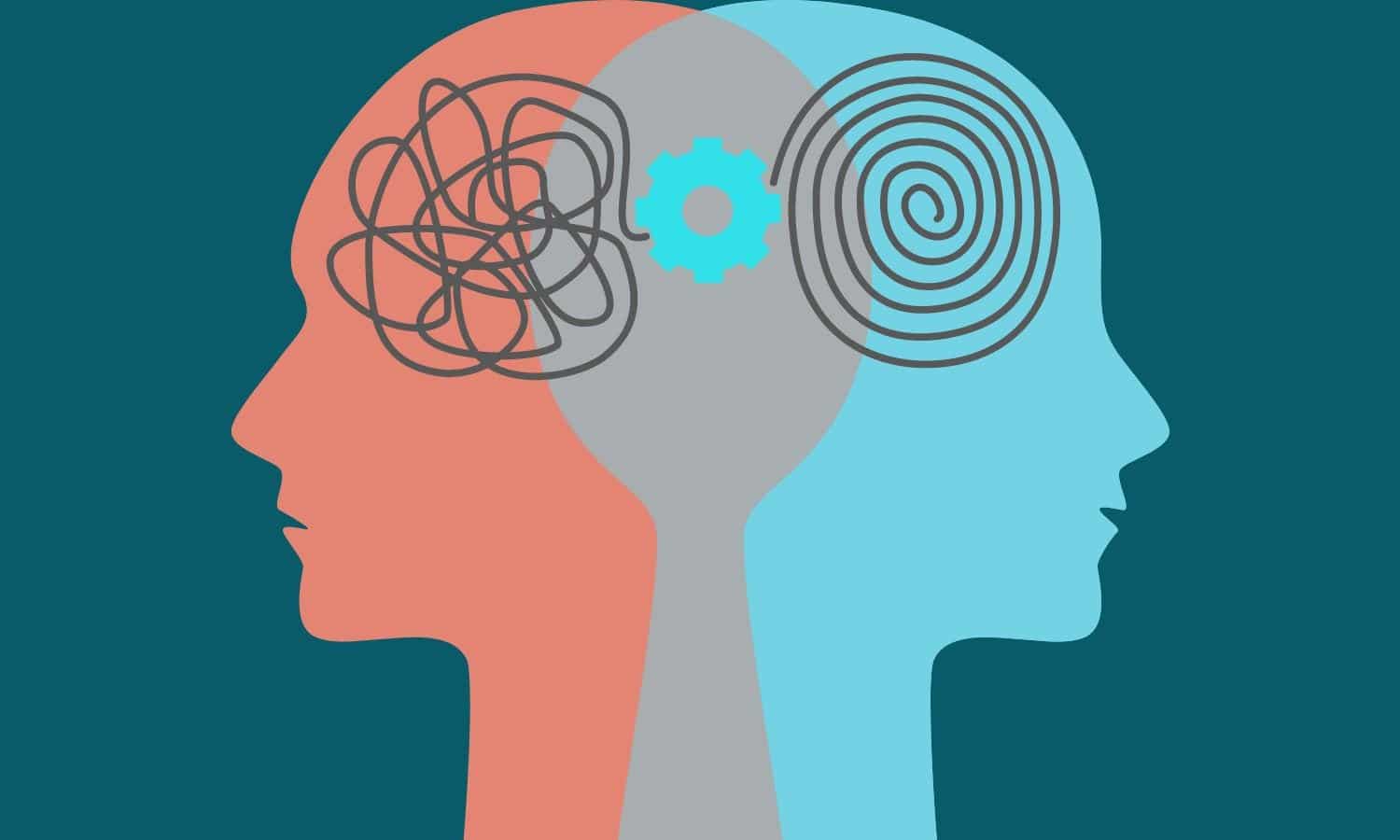When it comes to healthcare, it’s important to take a holistic approach and address not just physical health, but also mental health. This is especially true for individuals with intellectual and/or developmental disabilities (I/DD), who often face unique challenges when it comes to managing their behavioral health.
In recognition of Mental Health Awareness Month, we want to highlight the need for bringing behavioral health management alongside medical management for individuals with I/DD. In this article, we’ll explore why it’s essential to integrate behavioral health management into the care of individuals with I/DD.
Taking Care of Both Body and Mind: The Importance of Behavioral Health Management for Individuals with I/DD
For individuals with intellectual and/or developmental disabilities (I/DD), the need for holistic and person-centered care is critical. In addition to physical health concerns, these individuals often face mental health challenges that require specialized attention.
If behavioral health management is overlooked in the care of individuals with I/DD, this can lead to the worsening of mental health symptoms, unnecessary hospitalizations, and an overall decline in quality of life.
It’s important to understand that mental health and physical health are interconnected. Taking care of one’s emotional and psychological well-being is just as important as taking care of one’s physical health. For individuals with I/DD, it’s essential that medical management be paired with behavioral health management to ensure that all aspects of health are addressed.
Incorporating behavioral health management into the care of individuals with I/DD involves a person-centered approach that takes into account one’s unique needs and challenges. This can include providing support for anxiety, depression, and other mental health concerns, as well as helping individuals develop coping strategies and life skills that enable them to lead fulfilling lives.
Addressing Stigma Surrounding Behavioral Health
Individuals with intellectual and/or developmental disabilities face many challenges, and unfortunately, the stigma surrounding mental health can be one of them.
To address this issue, it’s important to have open and honest conversations about mental health and the importance of behavioral health management alongside medical management. This includes educating individuals with I/DD and their families and caregivers about the signs and symptoms of behavioral health conditions, as well as the available treatments and support resources. Integrating behavioral health care into primary care settings can help to ensure that individuals with I/DD receive the comprehensive care they need while also reducing any barriers to accessing behavioral health services.
At agencies like ILA, Behavioral Intervention Specialists (BISs) play a critical role in helping individuals feel empowered and supported in their mental health journey. The person-centered care planning they deliver focuses on an individual’s particular needs, preferences, and history. Triggers that bring about negative responses are also identified. By providing empathy, compassion, and positive reinforcement, BISs help to build a trusting rapport with Individuals that helps to reduce harmful behaviors and enhance the health and safety of Individuals.
Reflecting on the Future of I/DD Healthcare
As we continue to recognize the importance of mental health and advocacy during Mental Health Awareness Month, let us also remember the unique needs and challenges faced by individuals with I/DD.
By ensuring behavioral health management is integrated into medical management, we can all improve health outcomes and promote a higher quality of life for this vulnerable population so they always receive the comprehensive care they so richly deserve!

































































